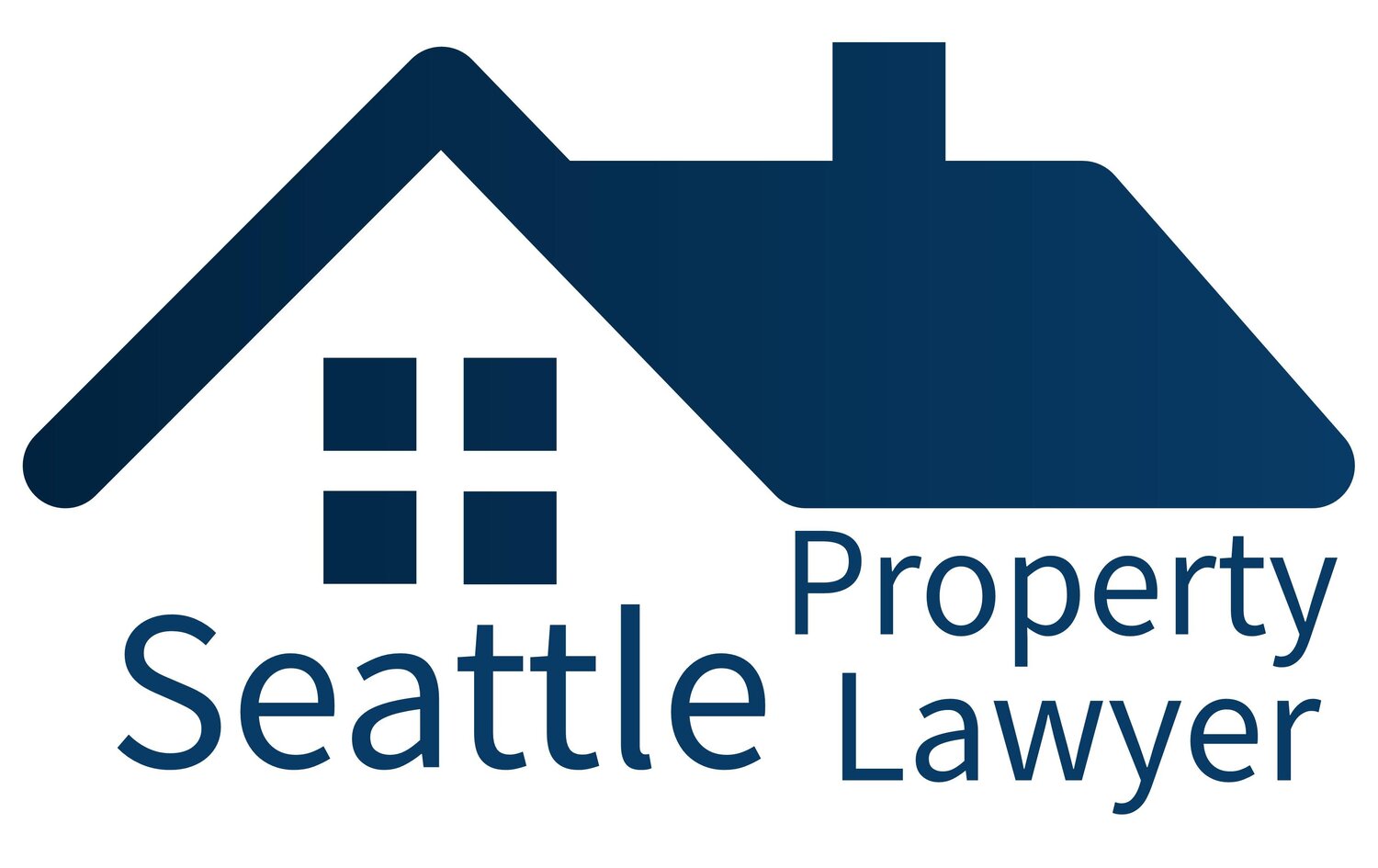How to FSBO in 6 Steps - Step 2 Price It
/Thinking of selling your home without using a real estate agent? You've found a great resource. I am a real estate attorney, as well as a licensed real estate broker, and I've helped hundreds of successful home buyers and sellers.
Craig provides the following insight for informational purposes only, and without any warranty or guarantee whatsoever. This blog does not create an attorney/client relationship, and Craig is not your attorney unless you have a signed fee agreement with him. Now with that disclaimer out of the way...
Alright, what are you going to sell the place for?
Step 2: Price It
It's time to get into the nitty-gritty work of a real estate agent, which begins with figuring out the list price.
STEP TWO GOAL: Determine the best asking price.
You want the best price possible. But to get it, you need to do a good job of predicting just that, the top dollar your house will fetch on the market. Predictions can be difficult. There are three good channels of information to use when peering into your crystal ball...
Pay for a licensed appraisal
Get free opinions of value online and from real estate agents
Perform your own Comparative Market Analysis using free online tools
Pay for A Licensed Appraiser
Appraisers are licensed professionals. Their primary function is to provide reliable opinions of value that lenders can use when loaning money secured by a house (a mortgage loan). If the bank lends a buyer $400,000 to buy a $300,000 house, the bank is in a bad spot. If the buyer doesn't repay the loan, the bank won't get all of its money back even if it sells the house. So the bank hires an appraiser to confirm that the house is truly "worth" the amount that the buyer agreed to pay for it, and thus the amount the bank will lend against it.
Insider's Tip: There is no Big Book of House Values. Nobody can predict with certainty the Fair Market Value of your house. So make sure you do your own research and reach your own opinion.
Which isn't exactly the same thing as predicting the best price the house may fetch. Presumably, an appraiser is likely to err on the side of caution, so an appraiser's opinion may end up being low. Plus, they typically cost a few hundred dollars, when you're trying to keep your costs down.
Free Opinions from Real Estate Brokers
There are lots of people with the training and experience to hopefully best predict the value of your home. They are called, of course, real estate brokers.
Agents have the tools to analyze market data and even produce a very professional-looking report that shows the estimated market value of your house. Called a Comparative Market Analysis (or CMA), an agent will gladly give you one for your home free of charge.
But there are downsides too. First, don't forget why that broker is giving away her opinion for free. She is hoping you will hire her to sell your house (likely for that fat 6% commission). So she has an incentive to give you some "good news" - which if inaccurate will end up costing you money. Also, you will hear from that agent again. And again. Once a good agent gets a "lead" she will follow up to the end.
It is also easy to sign up for a "free appraisal" via the internet. This probably is not a true appraisal issued by a licensed appraiser, and as a general rule, these "appraisals" are not particularly reliable. Plus you will need to give a name and email address, and you will hear from a real estate agent in follow up. Several times, probably. Because these services function as a "lead generator" for real estate agents, and agents are dogged pursuers of a possible listing.
Form Your Own Opinion
Far and away, the best source of information is raw market data that you can analyze yourself. Nobody knows your house as well as you. And nobody is as interested as you in getting the price right. So while you can consider the opinions of others, this analysis is best done by you.
There are many free tools available online to assist. There is always the tried-and-true - and frequently inaccurate - "Zestimate," the automatic, algorithmic estimate of you home's value from Zillow. Another large online firm, Redfin, has its own algorithmic method that calls out the comparable sales it uses to determine value, which is an improvement over the simple Zestimate.
An even better option is one of the web sites that now allow you to produce your own CMA. Zillow now allows a user to find his own comparable sales to best match the house being sold. This allows a seller to form the most accurate opinion possible about the home's worth.
So really, you should plan on doing your own CMA.
How to Perform and Use a CMA
A CMA is based on comparable properties, or “comps.” Ideally, a comp is as close as possible to the home being sold in terms of style, age, size, location, view, condition, etc., really in every way. The perfect comp would be the identical house in identical condition next door.
Needless to say, though, the “perfect comp” almost never exists. So we look for properties that are at least somewhat similar and within the same area or neighborhood. The more similar the comp, the more indicative the comp is of the subject’s likely value.
A CMA is used to identify both market value and the competition. So a CMA looks at two types of comps: (1) those recently sold (“sold comps”), generally within the last six months; and (2) those that are currently on the market (“active comps”).
Insider's Tip: Remember to look at currently active listings when setting your sale price. After all, you should know your competition, and price accordingly.
Sold comps give us an indication of market value, because the actual sale price of a house is revealed only when the sale closes. Until then, we know only the asking price, which is merely what a seller wants to get and not what a buyer was willing to pay. Since sellers occasionally overprice their properties, asking prices would skew upward our analysis of market value. So we don’t include asking prices in assessing market value.
Once you've completed your CMA, you will use it to assist you in setting your asking price. However, market value, along with your competition on the market, are not the only factors you should consider. Other factors to consider include how quickly you want to sell the house, how much you’d like to get for the house, and how much you need to get for the house.



